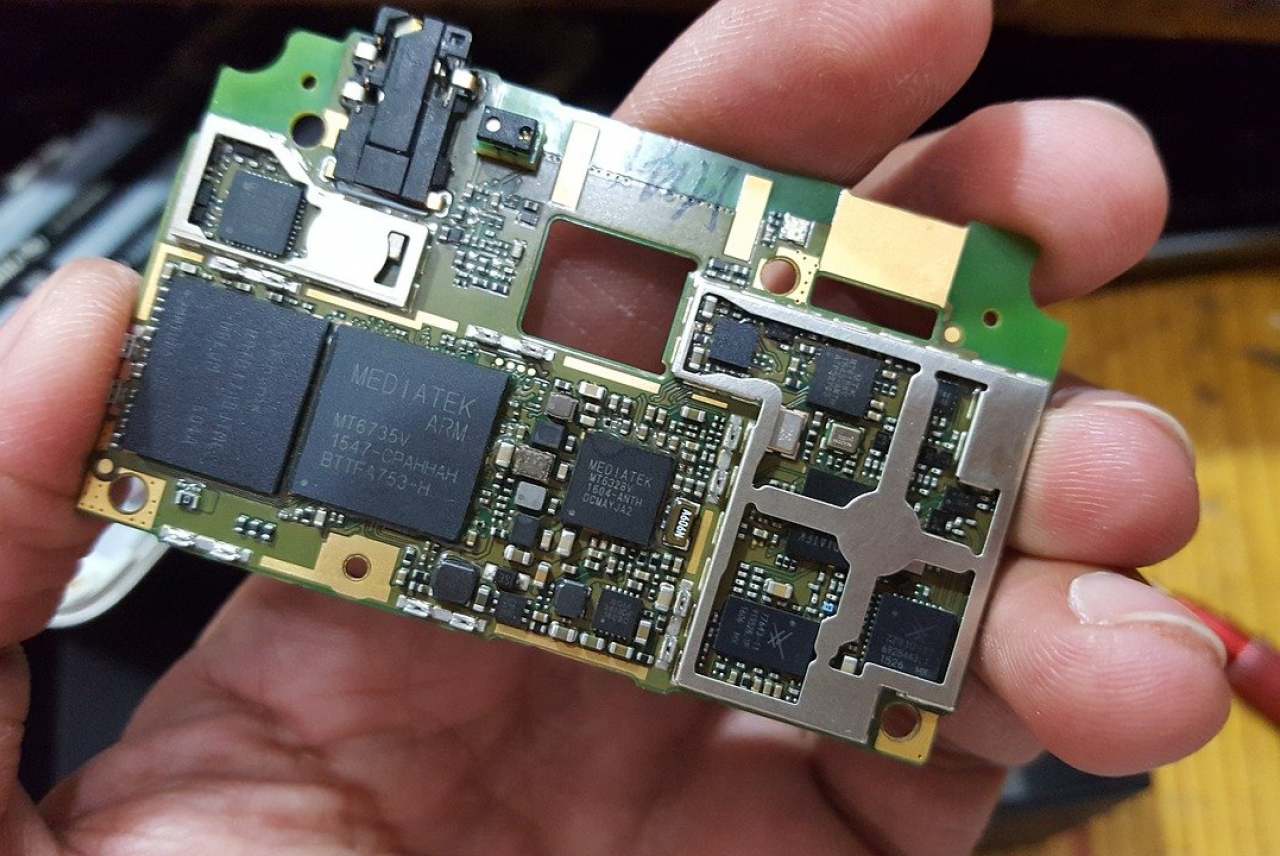By 2025, your smartphone or computer could contain minerals from the deep ocean. Deep sea mining is a technology in its infancy, but it is about to take off in a major way, with an area the size of Mongolia lined up for exploitation in the short term. Beyond the deep ocean, ever-larger areas of the seas are being considered for mining - most recently in Norway’s coastal waters, which may be mined as soon as 2023.
This mining will cause dramatic disturbance for wildlife and ecosystems. The deep ocean is home to extraordinary species, and every time scientists examine an area slated for future mining, they find previously undiscovered species. In one recent expedition, more than half were new to science. Destroying these ecosystems before they have been studied is like burning a library before looking at the books.
Of the species we do know about, there are some truly fascinating finds, including an “iron snail” which builds part of its shell from metal - and is the first species to formally be declared to be at risk of extinction from deep sea mining.
Off the seabed, there’s also a threat to imperilled wildlife like whales and dolphins. The massive noise pollution this mining will bring adds another hazard they can ill afford; for species already teetering on the brink of extinction, like the North Atlantic Right Whale, this additional stress might push them over the edge.
It’s not just ocean wildlife who benefit from stopping this mining - life on land, including us, will too. That’s because this mining will release vast amounts of carbon currently locked up in ocean sediments, accelerating the climate crisis.
What does this tell us about the state of our ocean?
Deep sea mining is just the newest frontier in the human attack on our ocean and serves as an example of how we are continuing to find new ways to harm Earth’s life support systems. Overfishing and illegal fishing mean that 90% of fisheries are now fully exploited or overexploited.
These practices decimate ocean wildlife and continue to speed up climate chaos, by moving carbon out of the ocean and into the atmosphere. They also contribute to human misery and suffering through seafood slavery and human rights abuses.
Meanwhile, progress to protect 30% of ocean habitats by 2030 - recommended by scientists as the key target - is slow.





